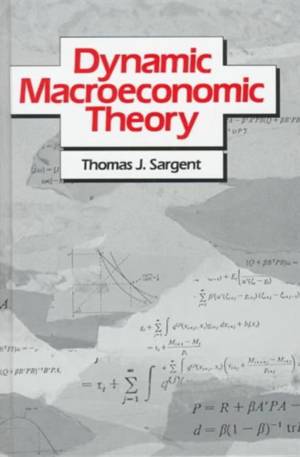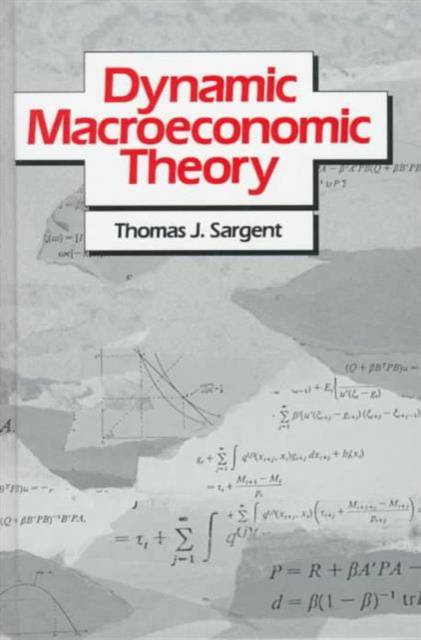
- Retrait gratuit dans votre magasin Club
- 7.000.000 titres dans notre catalogue
- Payer en toute sécurité
- Toujours un magasin près de chez vous
- Retrait gratuit dans votre magasin Club
- 7.000.0000 titres dans notre catalogue
- Payer en toute sécurité
- Toujours un magasin près de chez vous
Description
The tasks of macroeconomics are to interpret observations on economic aggregates in terms of the motivations and constraints of economic agents and to predict the consequences of alternative hypothetical ways of administering government economic policy. General equilibrium models form a convenient context for analyzing such alternative government policies. In the past ten years, the strengths of general equilibrium models and the corresponding deficiencies of Keynesian and monetarist models of the 1960s have induced macroeconomists to begin applying general equilibrium models.
This book describes some general equilibrium models that are dynamic, that have been built to help interpret time-series of observations of economic aggregates and to predict the consequences of alternative government interventions. The first part of the book describes dynamic programming, search theory, and real dynamic capital pricing models. Among the applications are stochastic optimal growth models, matching models, arbitrage pricing theories, and theories of interest rates, stock prices, and options. The remaining parts of the book are devoted to issues in monetary theory; currency-in-utility-function models, cash-in-advance models, Townsend turnpike models, and overlapping generations models are all used to study a set of common issues. By putting these models to work on concrete problems in exercises offered throughout the text, Thomas Sargent provides insights into the strengths and weaknesses of these models of money. An appendix on functional analysis shows the unity that underlies the mathematics used in disparate areas of rational expectations economics. This book on dynamic equilibrium macroeconomics is suitable for graduate-level courses; a companion book, Exercises in Dynamic Macroeconomic Theory, provides answers to the exercises and is also available from Harvard University Press.Spécifications
Parties prenantes
- Auteur(s) :
- Editeur:
Contenu
- Nombre de pages :
- 384
- Langue:
- Anglais
Caractéristiques
- EAN:
- 9780674218772
- Date de parution :
- 27-02-87
- Format:
- Livre relié
- Format numérique:
- Genaaid
- Dimensions :
- 162 mm x 244 mm
- Poids :
- 657 g

Les avis
Nous publions uniquement les avis qui respectent les conditions requises. Consultez nos conditions pour les avis.






